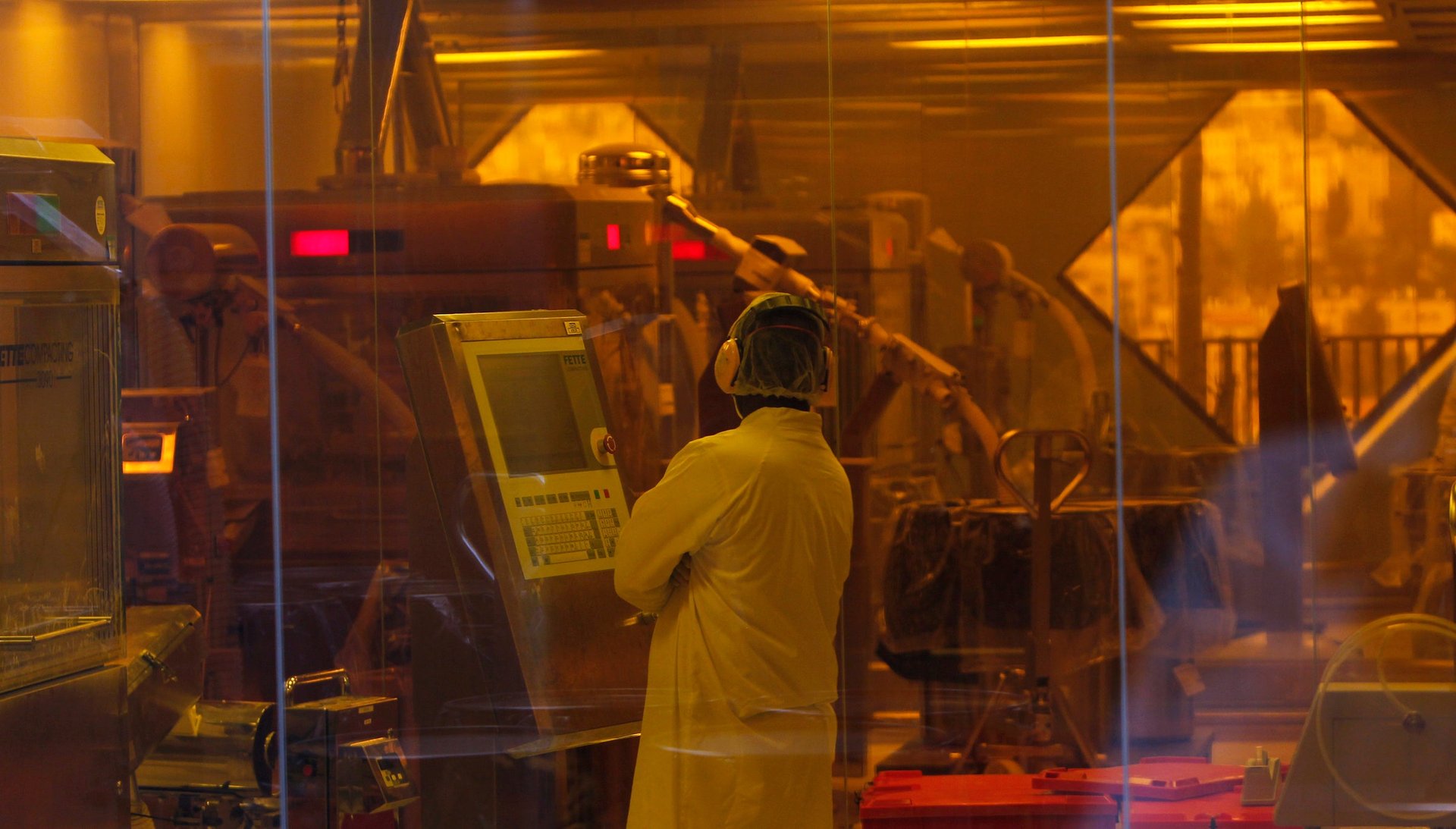Mylan’s chairman wrote a brutal, 3,000-word letter attempting to shoot down a takeover attempt
Corporate buyouts run the gamut from quick, collegial, Warren Buffett-style transactions, to messy, drawn-out battles with poison-pill takeover defenses, heated rhetoric, and general unpleasantness.


Corporate buyouts run the gamut from quick, collegial, Warren Buffett-style transactions, to messy, drawn-out battles with poison-pill takeover defenses, heated rhetoric, and general unpleasantness.
The three-way fight between generic drug giants Mylan, Perrigo, and Teva (the first is attempting to buy the second, largely to avoid being bought by the third) moved squarely into the more dramatic end of the spectrum this week, when Mylan’s outspoken executive chairman, Robert Coury, published a letter describing in lurid detail Teva’s failures, Teva CEO Erez Vigodman’s shortcomings, and the thorough undesirability, in Coury’s eyes, of a tie-up. The companies are already close and rather unfriendly rivals, which shows in the letter.
Whether the letter, which clocks in at 3,000-plus words, is an attempt to drum up a better price, or a genuine attempt to kill off further approaches, it’s a masterwork of aggressive corporate correspondence.
For starters, Coury notes he was “very disappointed” to not have been approached personally by Teva before the company publicly announced its interest in Mylan on April 21. While he takes this as a sign of cultural incompatibility between the two companies, he tells Vigodman he was nonetheless ”happy to grant you the opportunity” to meet in person several days later.
He then describes what was discussed:
“During our meeting, we touched on Teva’s many struggles throughout the last several years, including the approval of the first generic version of your flagship product Copaxone® (despite Teva’s claims that an AB-rated generic would never be approved); the persistent turnover and turmoil amongst the Teva leadership and Board and the resulting strategic confusion; Teva’s consistent underperformance in comparison to the market and our industry; and your increasing need to find new sources of future growth.
Sounds like a fun conversation. He mentions, as an aside, that Mylan’s compound annual growth rate has been twice as strong as Teva’s over the past three years, and refers to Teva’s ownership as something that would be “inflicted” on Mylan shareholders, were it to get past the proposal stage:
… [W]e do not wish to make Teva’s problems Mylan’s problems, or to inflict them on Mylan’s shareholders and other stakeholders. This potential combination is clearly in no one’s best interest.
He questions the logic of a merger, challenges Teva’s motivation for pursuing it (“size, not strategy”), and criticizes the Teva board’s track record:
Since 2007, your Board has churned through three different Chief Executive Officers, running the only one with the global pharmaceutical experience, which we think is critical to the position, out of town within 18 months of being on the job. Any investor should be gravely concerned that an experienced lead executive could be dismissed over “slight differences” of opinion with the Board. We believe that these rapid changes in a short period of time have left the company with a complete lack of long-term strategic focus. While I recognize that you are fairly new to your position, I cannot ignore the fact that you were present on Teva’s Board during some of the company’s most turbulent and “dysfunctional” times.
It’s hard to tell whether this is just posturing designed to extract a better offer, or whether Coury genuinely believes the deal would be a disaster for shareholders. Teva, for its part, has reiterated its bid of $82 a share.
If a deal were to go through, it would create a generic drug powerhouse, and end up as one of the largest deals of an already extraordinarily active year of pharmaceutical buyouts. But it certainly doesn’t look like $82 a share will do it.